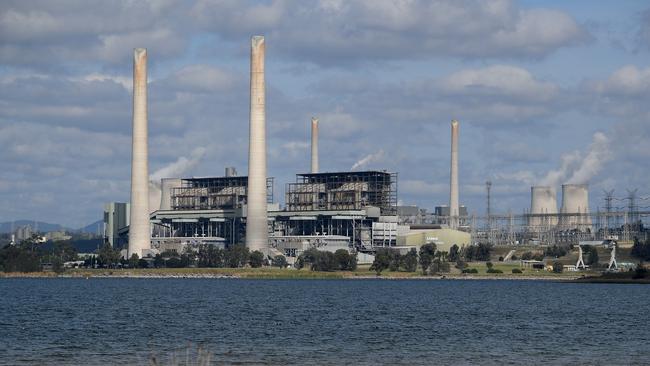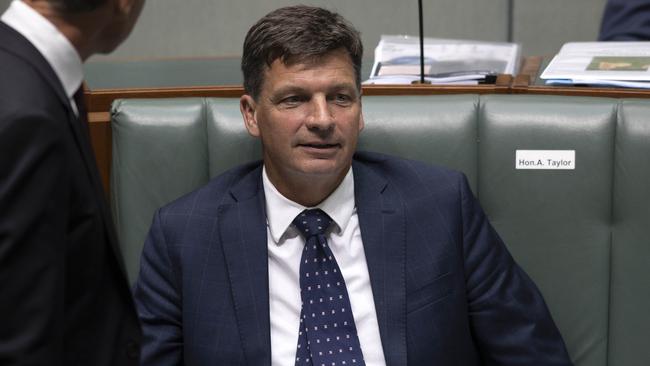Liddell power station closure to significantly add to household power bills
Power bills in NSW will rise by eight per cent by 2022 following the closure of the Liddell coal-fired power station, according to new modelling.
NSW
Don't miss out on the headlines from NSW. Followed categories will be added to My News.
The closure of NSW’s Liddell coal-fired power station will add nearly $100 a year to average household electricity bills from 2022, new modelling by the Australian Energy Market Commission reveals.
The eight per cent increase comes from a rise in wholesale costs caused by tightening in supply once AGL follows through on its plan — announced in 2015 — to shut the facility near Muswellbrook in the Upper Hunter at the end of its technical 50-year life.
The AEMC’s new report estimates that after the closure the peak wholesale price in NSW will be nearly $150 per megawatt hour compared to less than $110/Mwh in 2021.

The new report was prepared before NSW Energy Minister Matt Kean moved to create incentives for “clean electricity generation” through an infrastructure roadmap.
The AEMC says its predictions “may be affected” positively or negatively by the roadmap.
The commission did not factor in the federal government setting a target for the electricity sector to deliver 1000 megawatts of new dispatchable energy to make up for Liddell.
That is most likely to come from a gas-fired station.
In response to the AEMC report, Federal Energy Minister Angus Taylor said the government wanted the extra capacity in place before Liddell is switched off.

“Electricity prices should not hold households and small businesses back,” Mr Taylor said.
The commission forecasts that the average NSW bill will be about $1172 in 2021-22 — $120 a year cheaper than in 2019-20, courtesy of falling wholesale prices as new generation comes into the market. Then, following Liddell’s closure, average bills will rise to $1263 a year. Its estimates are based on lowish consumption of 4215 kilowatt hours of electricity per year, which is the typical use of a two-person household with a gas connection but no pool. The impact of environmental policies is set to fall from $96 a year in 2020-21 to $81 in 2022-23. This is mainly due to falling costs from the Large-scale Renewable Energy Target “as more generation comes online”.
AEMC CEO Ben Barr said: “We are working with our colleagues on the Energy Security Board to best manage the major transformational change that is taking place in the national electricity market.”




